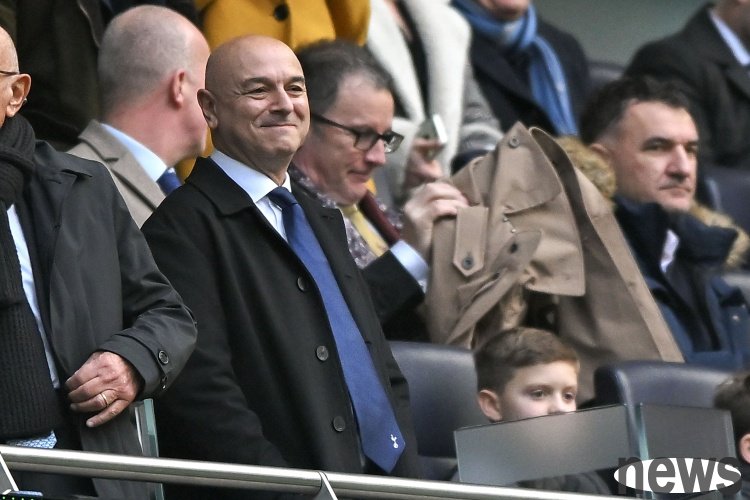
The Athletic reported that football has been the fastest growing sport in the United States for half a century, and Tottenham has been the next big British club for the past decade.
Spurs built the best multi-purpose stadium in Europe, sold a lot of jerseys, but won only one trophy. Meanwhile, the majority stake in the Premier League has been held by American billionaires, while Tottenham's former major shareholder, billionaire and British businessman Joe Lewis has deposited his shares in a family trust fund. This is a ripe fruit, so why hasn't anyone bought it yet? One important reason is that since 2001, the club has been run by Lewis's business partner Daniel Levi, who owns a little more than a quarter of the club's shares. Most experts think Tottenham is worth about £3 billion ($4 billion), or now they are back in the Champions League, but Levi wants £3.75 billion, adding another $1 billion at today's exchange rate. The gap is quite large, but not big enough for you to bargain, which is why the Tottenham acquisition story reappears every few months until someone reaches Levi's figure, which could drop a little when Joe Lewis's family decides to inherit their legacy.
Several potential suitors told The Athletic that there are two unreported factors that could affect the acquisition. First, not everyone has seen the potential of Tottenham like Levi and Lewis, which is the north London region, and by far the most attractive team in this region that has not yet been gentrified. It also usually takes an hour's drive from London's West End to hotels and restaurants that the Premier League overseas owners enjoy. The second is a private bond of £775 million, which Levi used to refinance the cost of building the stadium. The size of the debt is not a problem, as the club's new home earns more than the interest payments. The problem is that Levi got a good deal with his good timing and excellent sales skills when he sold these bonds to asset management companies, investment companies and pension funds in 2021. Tottenham issued nine batches of notes, with repayment dates ranging from 2035 to 2051, with interest rates ranging from 2.49% to 3.02%. According to the club's recent accounts, Tottenham's total borrowings were 851.5 million pounds, with an average interest rate of 2.79%, with an average maturity of nearly 19 years as of the end of June 2024. This means that Tottenham pays less than the inflation rate. So from a financial standpoint, they don't pay any interest at all. This is a good thing for Tottenham, but it is terrible for all those who hold these debts, which is why they also want to be acquired so they can exercise their control change clauses, get their money back, and then use it to do something else. The new owner of the
club will find others without any problem to refinance the debt. At current interest rates, this will only cost them an extra £20 million a year, which will take 19 years to add up. However, neither of these two issues—Spurs’ position nor Levi’s luck in the interest rate cycle—is permanent or insurmountable. London is a city of communities that have had undulating appeal for centuries, and any additional interest can be paid through a naming rights agreement. Interest rates are also destined to fall. Therefore, acquisition observers, please be patient. Tottenham will be acquired one day.